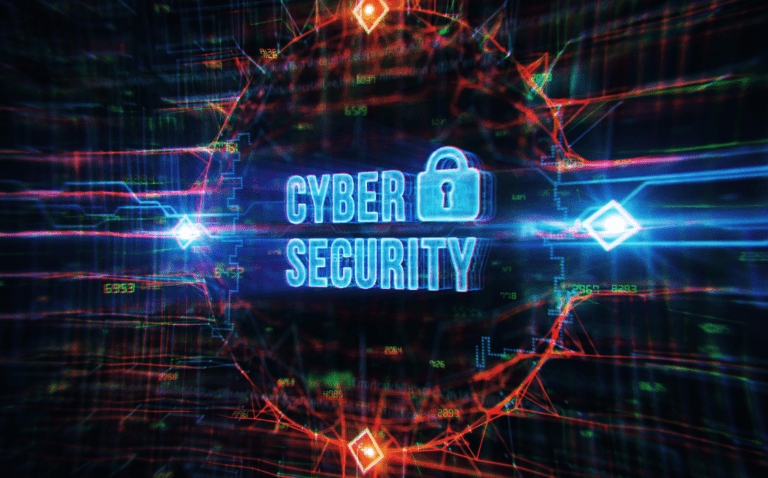Doubling Down on Digital Defense

Reliability and continuity are paramount in today’s digital world. Enter data center redundancy, the knight in shining armor safeguarding against potential calamities that could disrupt the flow of critical data. But what exactly is data center redundancy, and what are the various types that fortify our digital fortresses? Let’s delve into this crucial aspect of modern computing.
Understanding Data Center Redundancy
At its core, data center redundancy is a strategic approach to ensure uninterrupted operation and mitigate risks. It involves duplicating critical components and systems within a data center to create backups or failover mechanisms. This redundancy minimizes the likelihood of downtime due to hardware failures, power outages, or other unforeseen events. Let’s look at the five different types of data center redundancy and what they entail.
Types of Data Center Redundancy
1) Hardware Redundancy: Imagine your data center as a well-oiled machine, with each hardware component playing a vital role. Hardware redundancy involves duplicating these components, such as servers, storage devices, and networking equipment. In the event of a hardware failure, redundant components seamlessly take over, ensuring uninterrupted service.
2) Power Redundancy: Power outages can wreak havoc on data centers, potentially leading to data loss or downtime. Power redundancy addresses this vulnerability by employing backup power sources, such as uninterruptible power supplies (UPS) and generators. These backups kick in automatically during power failures, keeping the lights on and the servers humming.
3) Network Redundancy: In today’s interconnected world, network downtime can spell disaster for businesses reliant on constant connectivity. Network redundancy involves creating multiple pathways for data to travel, minimizing the impact of network failures or congestion. This redundancy can include redundant switches, routers, and internet connections, ensuring data flows smoothly even in the face of network disruptions.
4) Data Redundancy: Data is the lifeblood of any organization, making data redundancy a non-negotiable safeguard against loss or corruption. This redundancy involves replicating data across multiple storage devices or data centers. Techniques such as mirroring, replication, and RAID (Redundant Array of Independent Disks) ensure that even if one copy of the data is compromised, others remain intact.
5) Environmental Redundancy: Data centers are vulnerable to environmental factors like temperature fluctuations and humidity levels, which can impact equipment performance and longevity. Environmental redundancy addresses these concerns by implementing redundant HVAC (Heating, Ventilation, and Air Conditioning) systems, fire suppression systems, and environmental monitoring. This ensures that data center environments remain optimal for equipment operation, even in adverse conditions.
The Importance of Data Center Redundancy
Now, you might be wondering, why go through all the trouble of implementing redundancy? The answer lies in the costly consequences of downtime. For businesses, downtime translates to lost revenue, damaged reputation, and decreased productivity. By investing in data center redundancy, organizations can safeguard against these risks, maintaining operations even in the face of adversity.
Partnering With a Trusted MSP
Data center redundancy stands as a beacon of resilience, protecting against the storms of uncertainty. From hardware and power redundancy to network and environmental safeguards, each layer of redundancy fortifies our digital fortresses, ensuring uninterrupted service and peace of mind. Consider partnering with an MSP like Entre Technology Services. We offer business continuity services to fully prepare our partners for disasters including a thorough analysis of your current infrastructure, flaws within your security system, and practices which can be improved. Here at Entre, we are guided by three core values that encapsulate our ethos: Embrace the Hustle, Be Better & Invest in Others. These values serve as our compass and are what guide our business model and inspire us to create successful and efficient solutions to everyday IT problems. Contact us for a free quote today!






